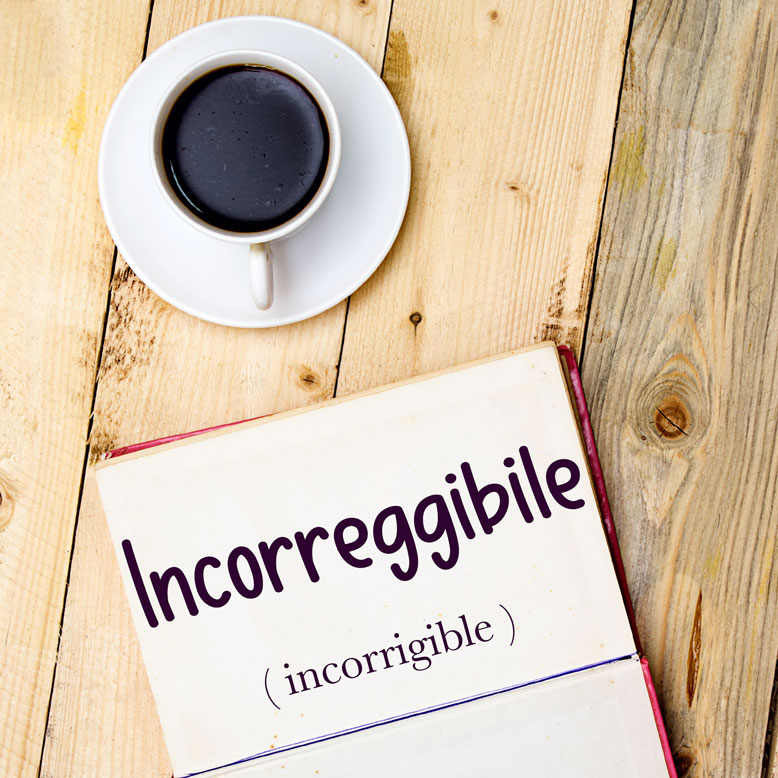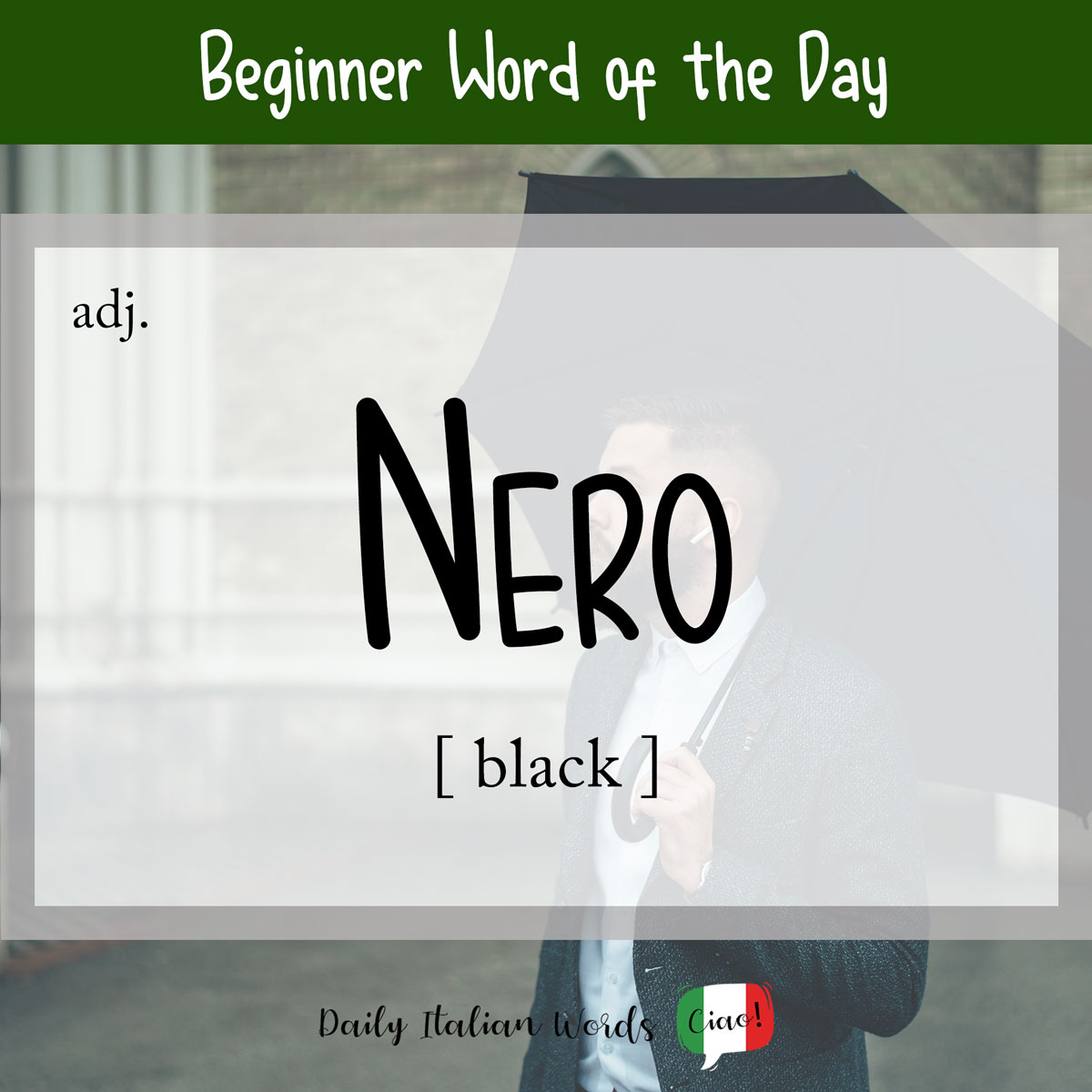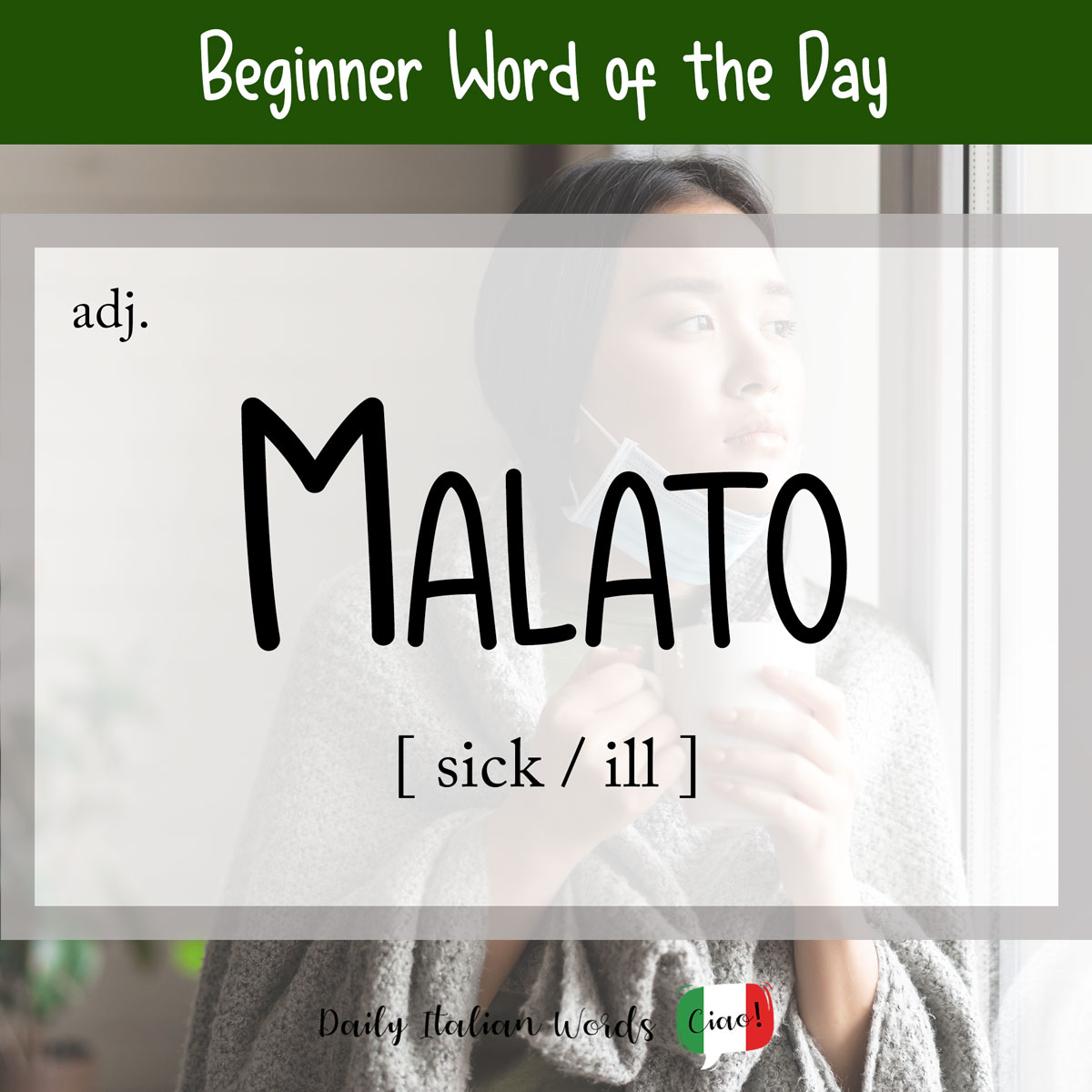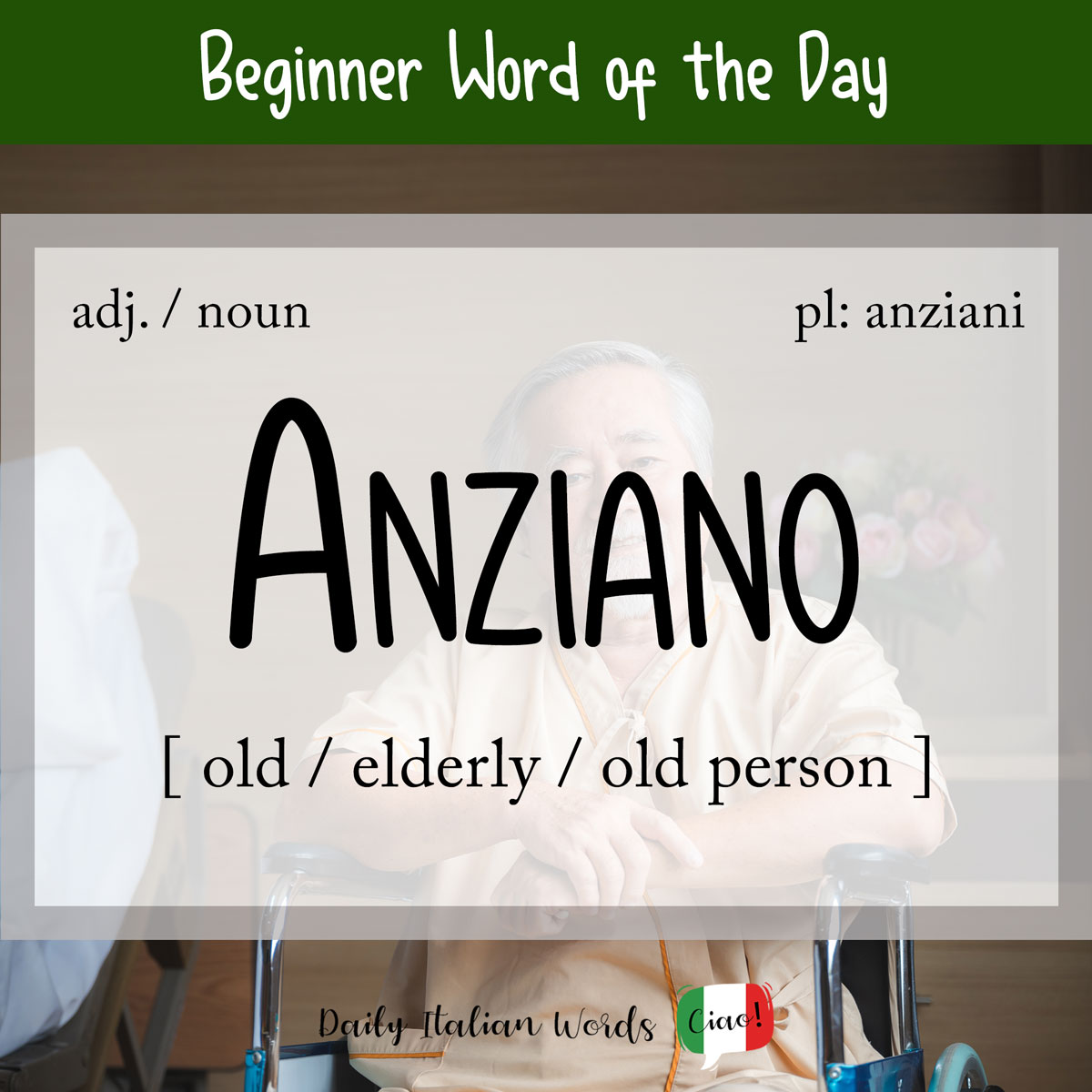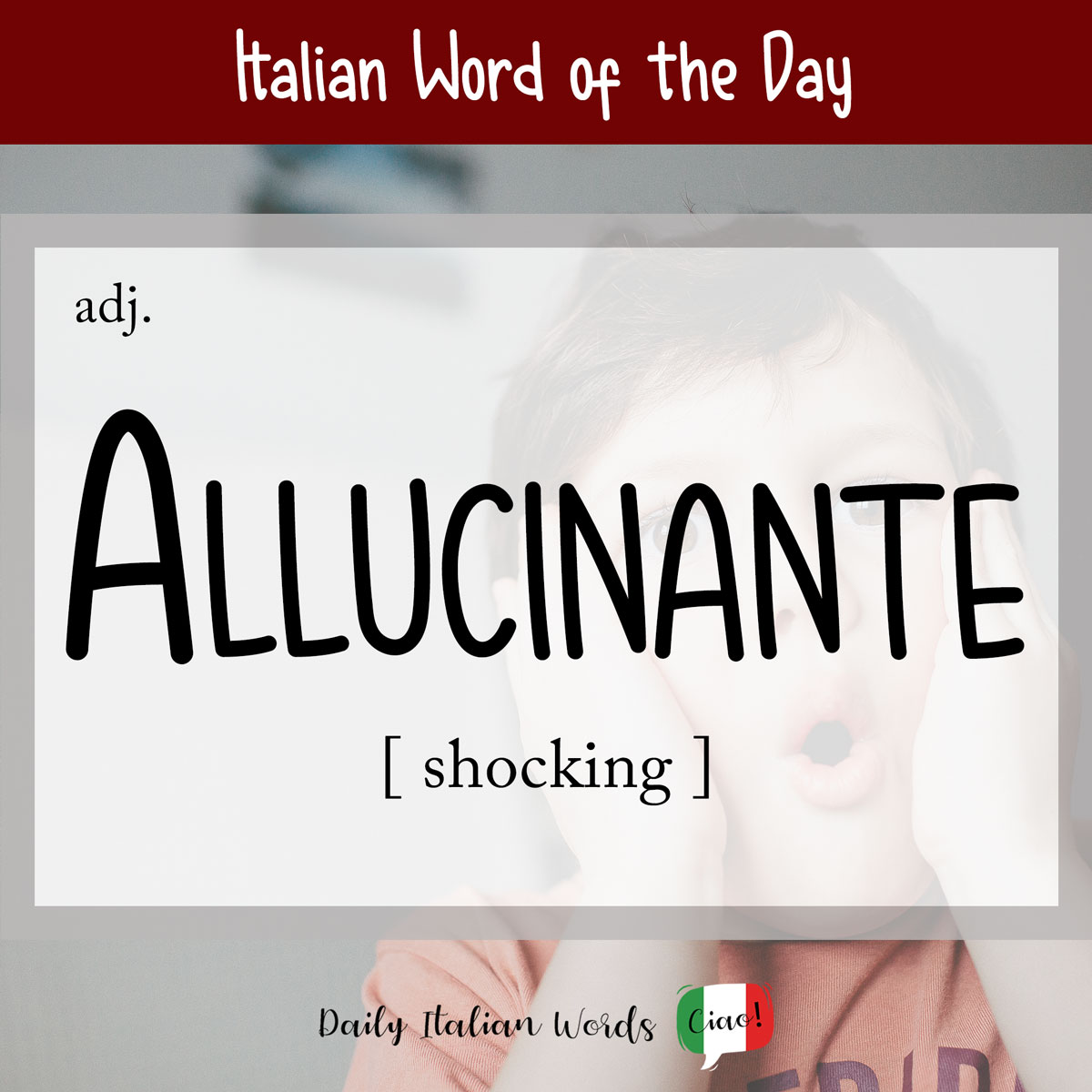Italian Word of the Day: Incorreggibile (incorrigible)
Today, as I was listening to the classic Lucio Battisti hit Ancora Tu on the radio, I was reminded of myself at 23 years old, strolling under the portici (arcades) of Via Roma in Torino, iPod in hand, doggedly trying to memorise the lyrics, and in particular, our word of the day which appears in …

